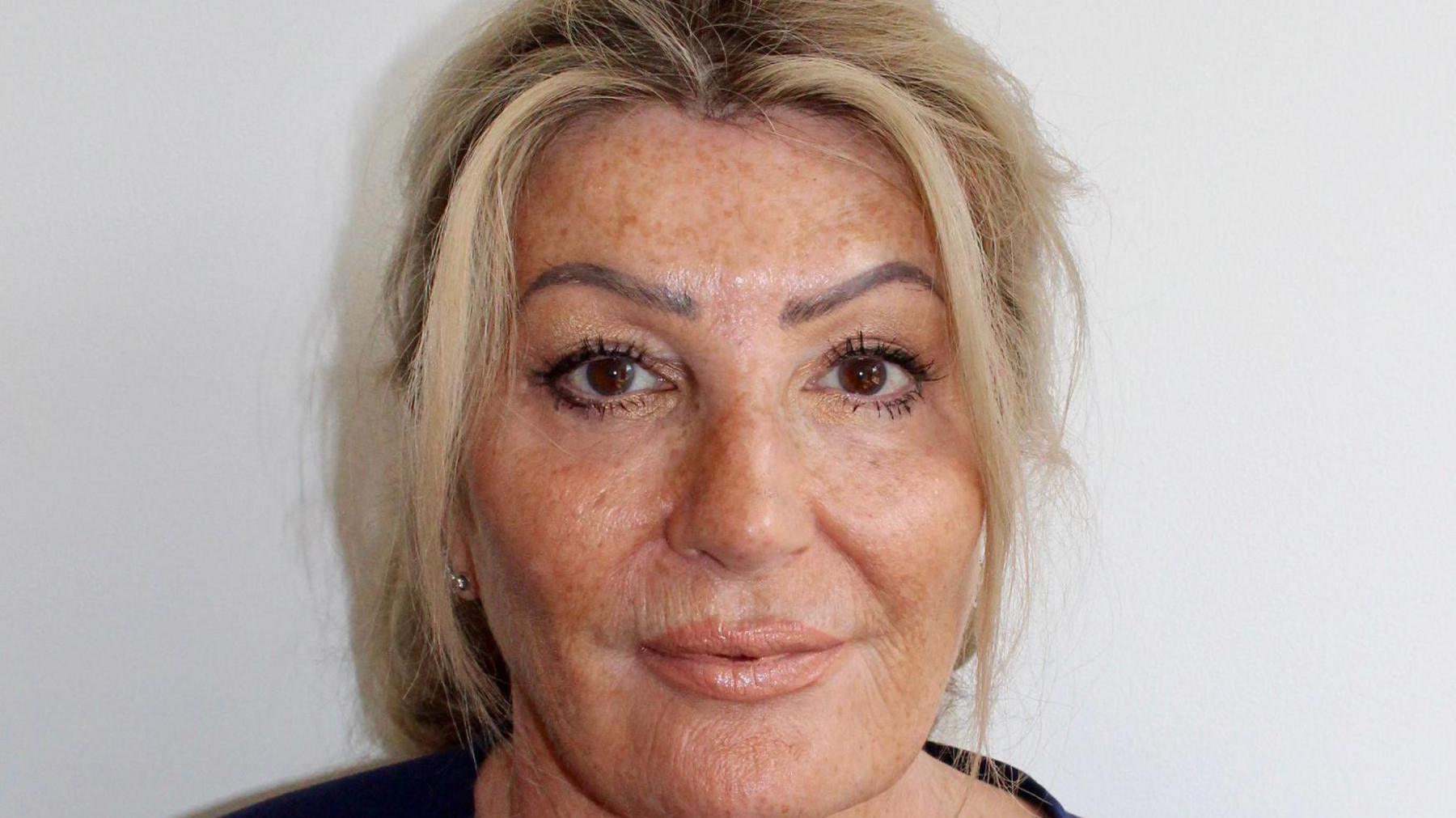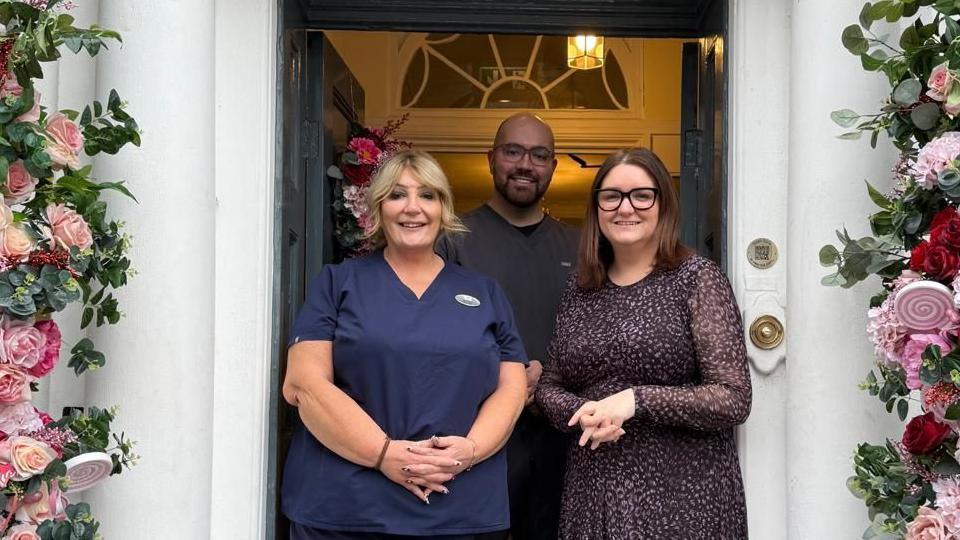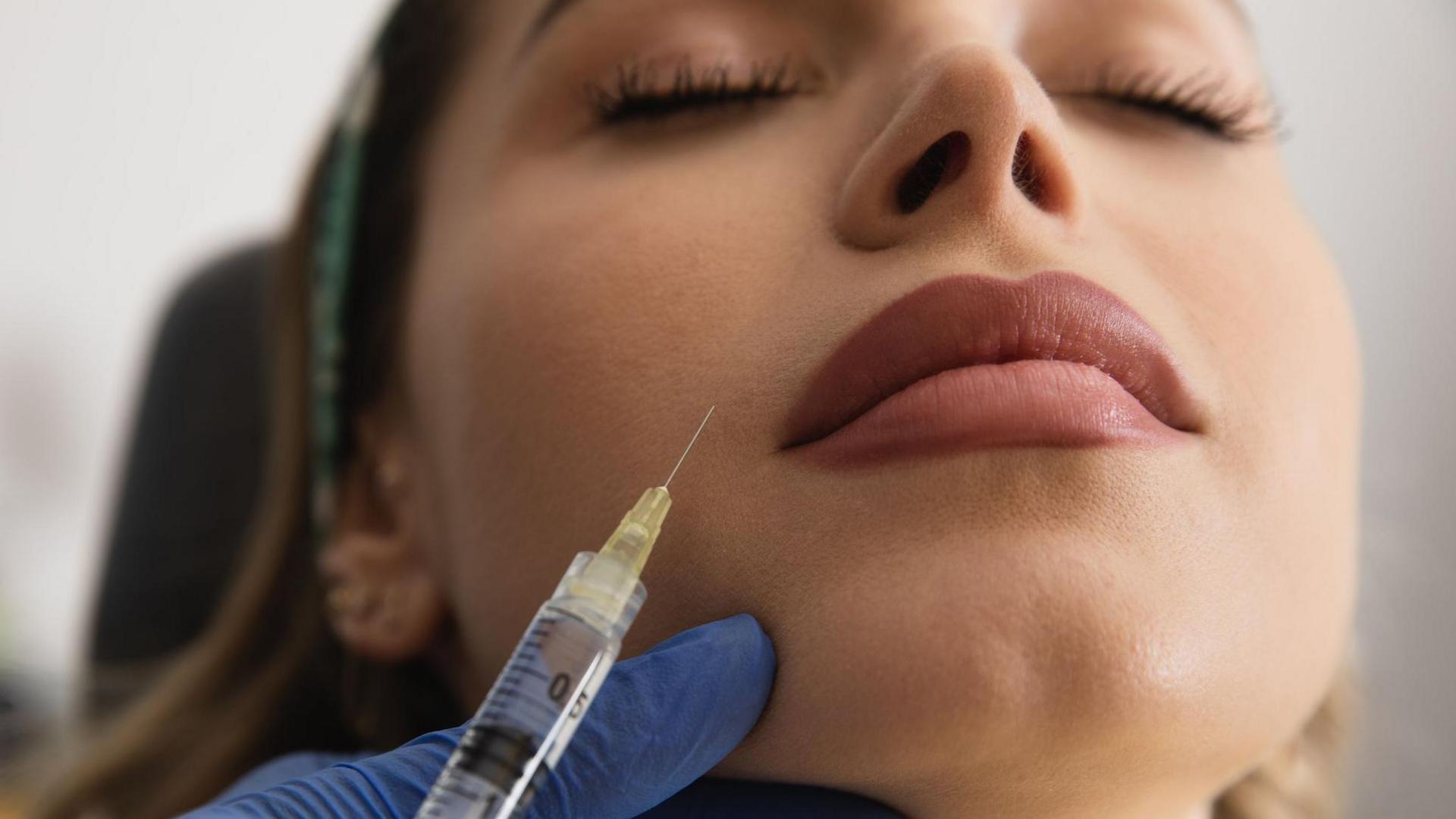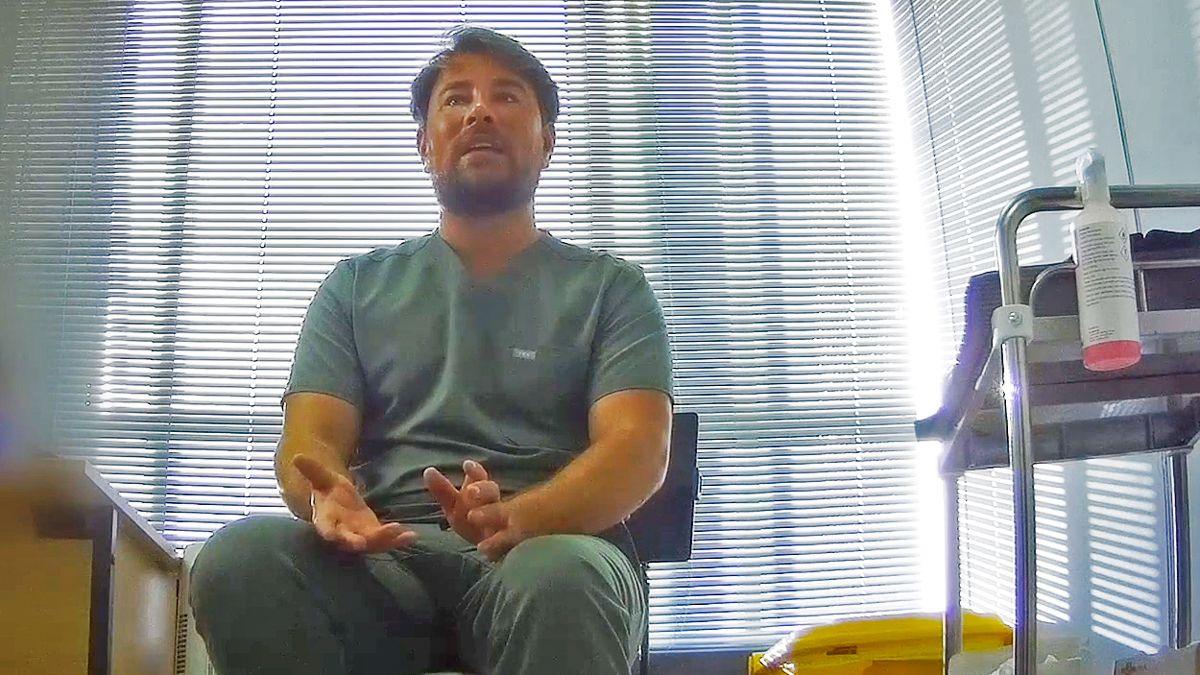Botox industry 'desperately needs' regulation

Barbara Pointon says tightening up licensing rules will deter "unscrupulous individuals"
- Published
An aesthetics practitioner says the lack of regulation of Botox treatments is causing problems for the cosmetic industry.
Barbara Pointon, owner of Medi-Spa 28 clinic in Stafford, said tightening up licensing rules would deter "unscrupulous individuals" from giving Botox and lip and facial filler treatments "from their back bedroom or at the back of a nail salon".
She is working with the town's Labour MP, Leigh Ingham, who will give evidence in parliament next month at an inquiry into unregulated cosmetic treatments.
Under new proposals, the government wants clinics to meet strict rules to obtain licences to offer fillers and Botox.
Ms Pointon said the procedures that had gone wrong were having an impact on the wider industry and NHS. "Patients are walking through my door asking if I will fix them because they've suffered complications as a result of non-medics administering treatment.
"The Botox industry desperately needs regulation," she said.
Botox, or botulinum toxin, is used to improve the appearance of fine lines and wrinkles. It works by effectively blocking the impulses that make facial muscles contract.
Ms Ingham MP said: "The Government's reforms are a vital step forward, and I'll keep pushing to make sure we get clear, enforceable rules that put patient safety first."

Campaigners Barbara Pointon with son Dan, who is also an aesthetics practitioner, and Labour MP Leigh Ingham
BBC Investigations have reported on women's experiences of dangerous complications, pain and permanent scarring after treatment by rogue operators.
The UK Health Security Agency has also urged those seeking treatments to obtain proof a Botox practitioner was qualified and that their products were licensed, after suspected fake Botox poisoned 30 people.
Precautions
The UKHSA recommends the following precautions:
Make sure a practitioner is qualified, is wearing appropriate protective equipment and washes their hands. Practitioners should be happy to discuss their qualifications.
Those seeking a procedure should be offered a consultation beforehand that covers checks for medical conditions.
A consent form outlining the risks should be discussed and signed.
The new regulations will be subject to public consultation and parliamentary scrutiny before they are introduced.
Follow BBC West Midlands on Facebook, external, X, external and Instagram, external. Send your story ideas to: newsonline.westmidlands@bbc.co.uk, external
Related topics
- Published7 August

- Published4 February
